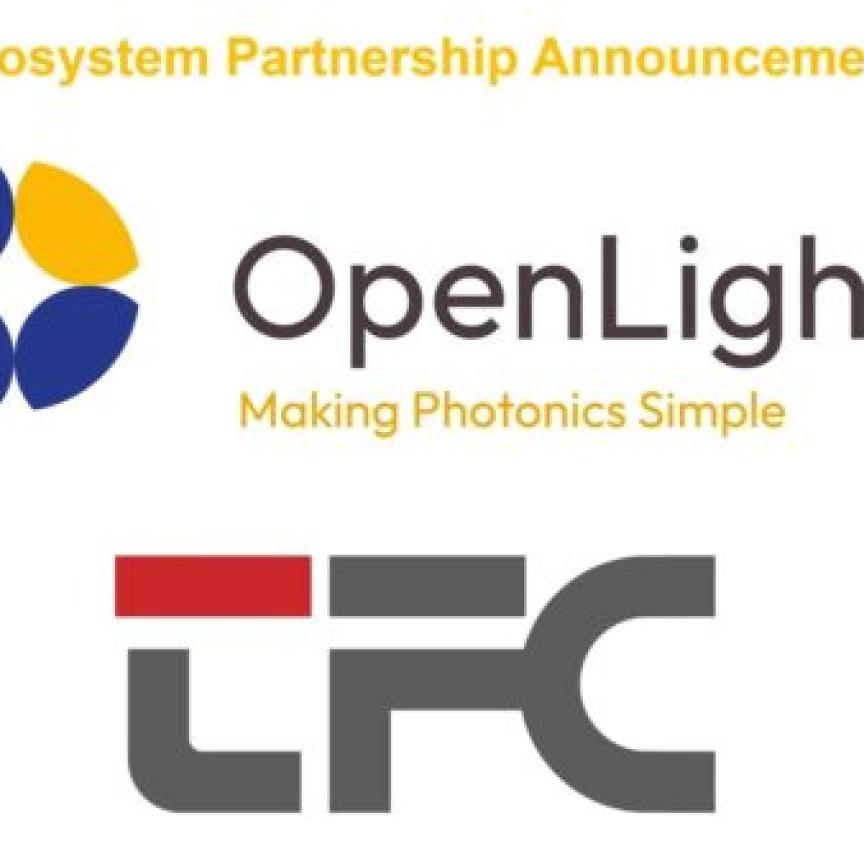More than 2,000 international experts developing the technology behind the discoveries of the nature and origin of the Universe will visit Marseille, France, for the SPIE Astronomical Instrumentation symposium from 23-28 June.
The theme of this year’s event is ‘Synergies Between Ground and Space.’ Consortia will report on the results of existing telescopes in such diverse areas as Europe, Chile, South Africa, Antarctica, Hawaii, the US mainland, Japan, China, Australia, and Russia. Reports will discuss how technology is improving both existing and new telescopes, enabling better understanding of the universe — from adaptive optics, new sensors.
Plenary speakers will include some of the top experts in the field. Presentations will be given by:
- John C. Mather (Nobel Laureate 2006), NASA Goddard Space Flight Center, on ‘From the Big Bang to the Nobel Prize and on to James Webb Space Telescope’
- Simon White, Max Planck Institut für Astrophysik, on ‘Introduction to the standard cosmological model’
- David Spergel, Princeton University, on ‘Exploring the cosmic background radiation with WMAP’
- Daniel Eisenstein, The University of Arizona, Steward Observatory, on ‘Acoustic oscillations in the Universe’
- Pierre Astier, Université Paris, Centre National de la Recherche Scientifique, on ‘Supernova cosmology and dark energy’
- Piero Madau, Lick Observatory, University of California, on ‘Probing the epoch of reionisation’
- Masanori Iye, National Astronomical Observatory of Japan, on ‘High redshift galaxy surveys’
- Rosemary Wyse, Johns Hopkins University, on ‘Galaxy archeology: near-field cosmology’
- Malcolm Longair, University of Cambridge, on ‘Cosmology with future ground and space observatories’
- Tim de Zeeuw European Southern Observatory, on ‘Perspectives for ground-based astronomy.’
Conference attendees will hear 1,900 presentations in 12 conferences. Papers will be published online in the SPIE Digital Library beginning immediately as approved after the meeting.

